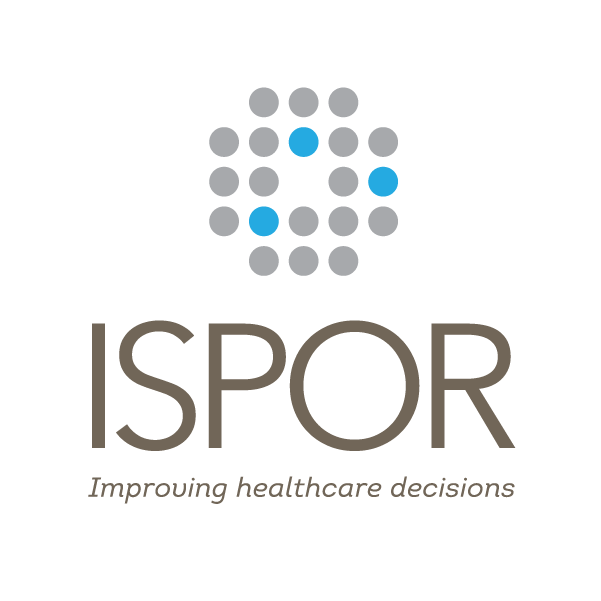Princeton, NJ—July 26, 2017—Value in Health, the official journal of the International Society for Pharmacoeconomics and Outcomes Research (ISPOR), announced today the publication of new research examining the relationship between the efficacy of randomized controlled trials (RCTs) and real-world effectiveness for oncology treatments. The report of these findings, “Predicting Real-World Effectiveness of Cancer Therapies Using Overall Survival and Progression-Free Survival from Clinical Trials: Empirical Evidence for the ASCO Value Framework,” was published in the July/August 2017 issue.
The majority of oncology drugs are approved on the basis of surrogate endpoints measured in RCTs. Clinicians treating cancer patients in real-world practice, however, routinely face the challenge of translating data from these RCTs into expectations about real-world overall survival (OS) benefits for their patients. A number of efforts are underway to help physicians better approach this problem, such as the American Society of Clinical Oncology’s (ASCO’s) Value Framework that aims to help clinicians and their patients select preferred therapies.
The study found that real-world effectiveness was similar to RCT efficacy when the RCT trials used OS endpoints, but real-world effectiveness was 16% lower than RCT efficacy when the trials used surrogate endpoints. In other words, if an RCT uses OS endpoints, one can expect real-world effectiveness to be similar among patients that would have qualified for the trial. However, if an RCT measures efficacy by a surrogate endpoint, such as progression-free survival (PFS) or time to progression (TTP), one can expect real-world effectiveness as measured by OS to be about 16% lower than the surrogate benefit from the trial. The authors abstracted treatment efficacy measures from 21 phase III RCTs reporting OS and either PFS or TTP endpoints in breast, colorectal, lung, ovarian, and pancreatic cancers.
“To the best of our knowledge, this study is the first to examine the relationship between real-world overall survival, and overall survival and surrogate efficacy in clinical trials encompassing multiple tumor types and treatments,” said lead author Darius Lakdawalla, PhD, of the Leonard D. Schaeffer Center for Health Policy and Economics at the University of Southern California. “Our findings suggest that despite greater monitoring of patients in clinical trials and concerns about crossover contamination and patient attrition in clinical trials, overall survival benefits in real-world and clinical trial settings correlate strongly for real-world patients that would have qualified for the relevant trial. These data provide new evidence to help clinicians understand the circumstances under which trial data may generalize to the real world, and provide an empirical basis for refining the ASCO value framework and associated clinical decision tools.”
###
ABOUT ISPOR
The International Society for Pharmacoeconomics and Outcomes Research (ISPOR) is a nonprofit, international, educational and scientific organization that promotes health economics and outcomes research excellence to improve decision making for health globally.
Web: www.ispor.org | LinkedIn: http://bit.ly/ISPOR-LIn | Twitter: http://bit.ly/ISPOR-T (@ISPORorg) | YouTube: http://bit.ly/ISPOR-YT | Facebook: http://bit.ly/ISPOR-FB
ABOUT VALUE IN HEALTH
Value in Health (ISSN 1098-3015) is an international, indexed journal that publishes original research and health policy articles that advance the field of health economics and outcomes research to help health care leaders make evidence-based decisions. The journal’s 2016 impact factor score is 4.235. Value in Health is ranked 3rd out of 77 journals in health policy and services, 7th out of 347 journals in economics, and 9th out of 90 journals in health care sciences and services. Value in Health publishes 10 issues a year and circulates to more than 10,000 readers around the world.
Web: www.ispor.org/valueinhealth_index.asp | Twitter: http://bit.ly/ISPORjournals-T (@ISPORjournals)

